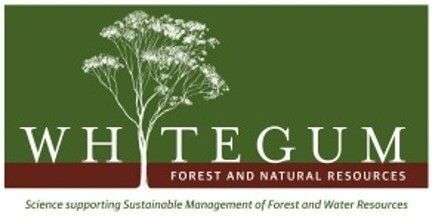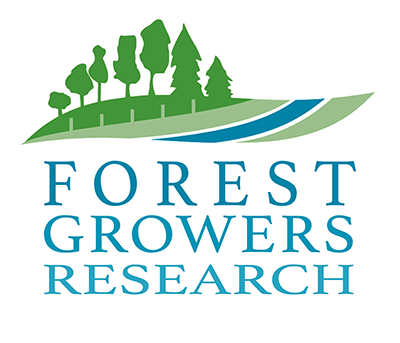A unique, high-calibre group with a track record of impact
With expertise ranging from instrumentation, field measurements and remote-sensing techniques, to data science, modelling and socioeconomic assessments, the group will only deliver high-impact research for New Zealand and build up in-country capability, but also provide international visibility for New Zealand by significantly contributing to overseas research programmes led by external collaborators.
Dean Meason
Dean has over 23 years’ experience in forest research and specialises in silviculture, tree ecophysiology, and soil science. He is particularly interested in the spatial and temporal drivers of wood formation, site productivity & wood quality, resource use, and management under current and future climates for the forest industry. He is a recognised expert in alternative species management and productivity, as well as site/species matching. Dean’s current research is focused on forest hydrology and is leading the 5-year, $13.7 million, MBIE Endeavour Forest Flows programme. This programme is investigating the role of planted forests in water storage, use, and release on the regional hydrological landscape and its effects on water quantity and quality to downstream rural and urban water users – and the environmental, cultural, and economic impacts
Konstantinos Andreadis
Konstantinos is a member of the SWOT Science and Algorithm Development Teams and led the development of an open-source software framework (RHEAS) that is currently being used operationally in Kenya and Thailand through NASA SERVIR programs.
Bruce Dudley
Bruce is a biogeochemist whose primary research interests are in abiotic controls of primary production, and in movement of water and nutrients through ecosystems. He specialises in examining pathways of water and nutrient fluxes using stable isotopes. Within the Forest Flows programme he co-leads Research Aim 1, manages the NIWA team, and conducts work examining water sources for trees. He has worked in the hydrology and hydraulics groups at NIWA Christchurch since 2014. Before moving to NIWA he completed a post-doctoral fellowship as a biogeochemist, working with the University of Hawaii and the United States Forest Service.
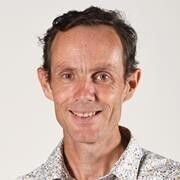
Michael Clearwater
Michael's research on sap flow measurement has been incorporated into the design of commercially available sensors. Applications for his research include the introduction of new rootstocks to the kiwifruit industry, better risk management of fruit shrivel disorders and disease in kiwifruit, and tree water-use predictions for irrigation management.
Kevin McGuire
Kevin is a hydrologist who studies watershed management practices and hydrological and ecological processes that affect water quality and quantity in complex landscapes undergoing environmental change. His research emphasizes runoff generation processes, forest ecosystems, and water-soil-biogeochemical interactions, and he has experience estimating water travel times in catchments. Within the Forest Flows program, he has been involved hydrological and biogeochemical aspects of the study including hydrological modeling, water travel times, and nitrate export. Kevin is a professor of hydrology in the Department of Forest Resources and Environmental Conservation and the Associate Director for the Virginia Water Resources Research Center in the College of Natural Resources and Environment at Virginia Tech.

Mahta Moghaddam
Mahta is the 2016 recipient of the NASA Outstanding Public Leadership Medal for leadership in the advancement of microwave remote sensing technologies. In 2019, her distinguished career was recognised with election to the USA Academy of Engineers. She is Director of USC Viterbi Center for Arid Climate Water Research, Fellow of the IEEE, and the Editor-in-Chief of IEEE Antennas and Propagation.
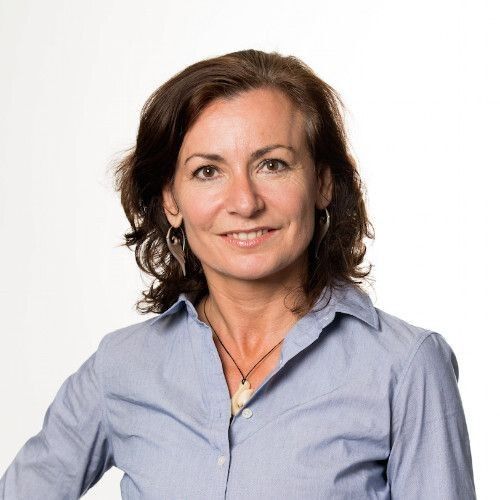
Delwyn Moller
Delwyn has received several SBIR awards from NASA and NIFA. Delwyn’s work with NASA has advanced water resource monitoring and forecasting, improved mass-balance estimates of marine terminating glaciers for sea-level rise predictions, and enhanced flood forecasting. With RSS, she has worked on wide-swath mapping of terrain and features, identification of objects in water for search and rescue, sea-ice mapping for science and navigation, and debris or pollutant identification and tracking.

Robert Schafer
Robert has led teams focusing on optical sensors, lidar, radar, and algorithms for analysing and processing remote sensing data and hyperspectral imagery. He developed algorithms for machine learning, geometric and radiometric calibration, terrain extraction, segmentation, and spatiotemporal analyses, which were integrated into the commercial software package ENVI and tools for ArcGIS.
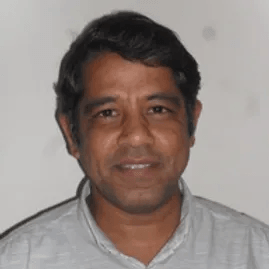
MS Srinivasan
MS Srinivasan has led NIWA’s efforts in working with various councils, primary sector agencies and farmers to transform research and development into ‘usable tools in the field’. He was instrumental in developing the IrriMet tool to help farmers with irrigation decisions and received the NIWA Customer Focus Excellence award in 2015.
Brian Strahm
Brian is a biogeochemist that focuses on soils as a critical mediators of forest productivity and environmental quality. His research emphasizes carbon and nutrient cycling, how those cycles interact with each other and other ecosystem components, and how such systems respond to global change factors. Within the Forest Flows program, he has been involved with the interactions of the nitrogen cycle with the hydrologic drivers that influence nitrate leaching losses. Brian is a professor of forest soils in the Department of Forest Resources and Environmental Conservation in the College of Natural Resources and Environment at Virginia Tech.
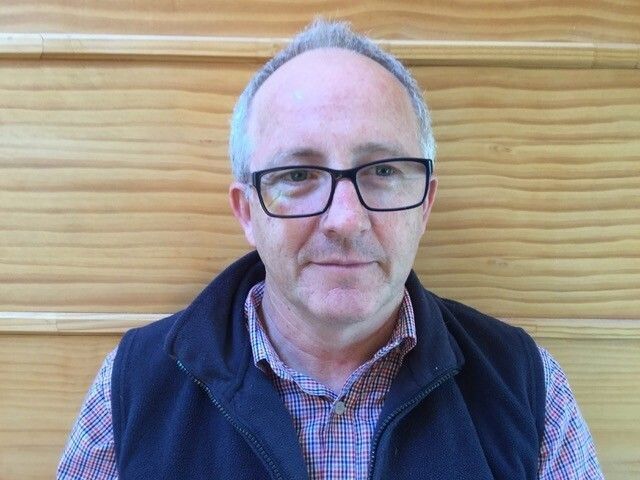
Don White
In 2013, after just over 26 years working as a Forest Researcher (Ecophysiology, Water Relations) in CSIRO, Don started working as a freelance researcher dividing his time between Chile, China and Australia. In Chile Don leads an ecohydrology project that aims to quantify the effect of plantation establishment, particularly of Eucalyptus, on evaporation and stream flow. In China Don is helping colleagues from the Guangxi Forestry Research Institute to develop an R & D strategy on Forest-Water interaction and to analyse and publish their existing data. In Australia Don is currently working to develop an international Masters course with an emphasis on production forestry in temperate and Mediterranean climate zones in the southern Hemisphere. Don enjoys the challenge of thinking about forest management problems and how they can be informed by fundamental science. While he works as a consultant, Don also continues an active program of Research through adjunct appointments at three Universities.
The key to our success is the team's wide-ranging expertise
Will will bring together individuals with high calibre yet distinct knowledge of forest hydrology, and, using the wide range of skills in our modelling team, alongside expertise in related areas, combine them to deliver an integrated understanding of New Zealand planted-forest hydrology enabled by a Forest Digital Twin.
Collaborators


